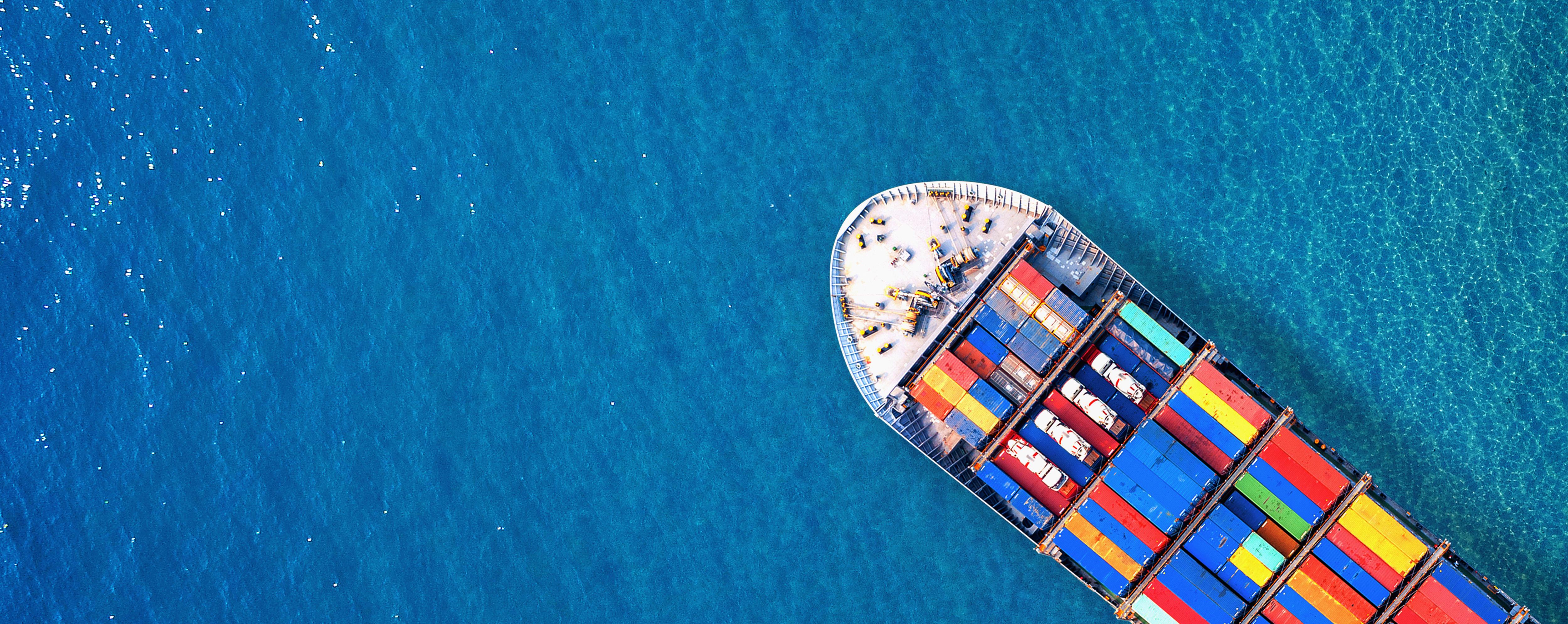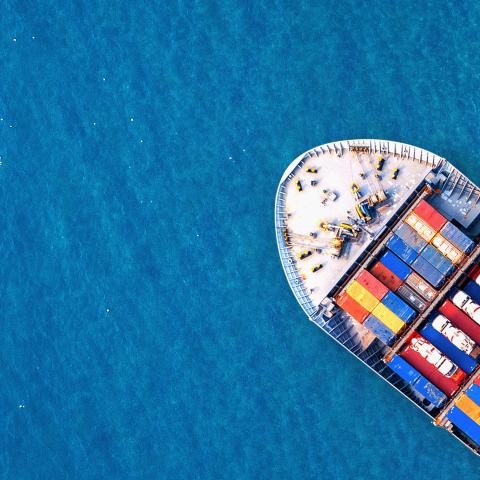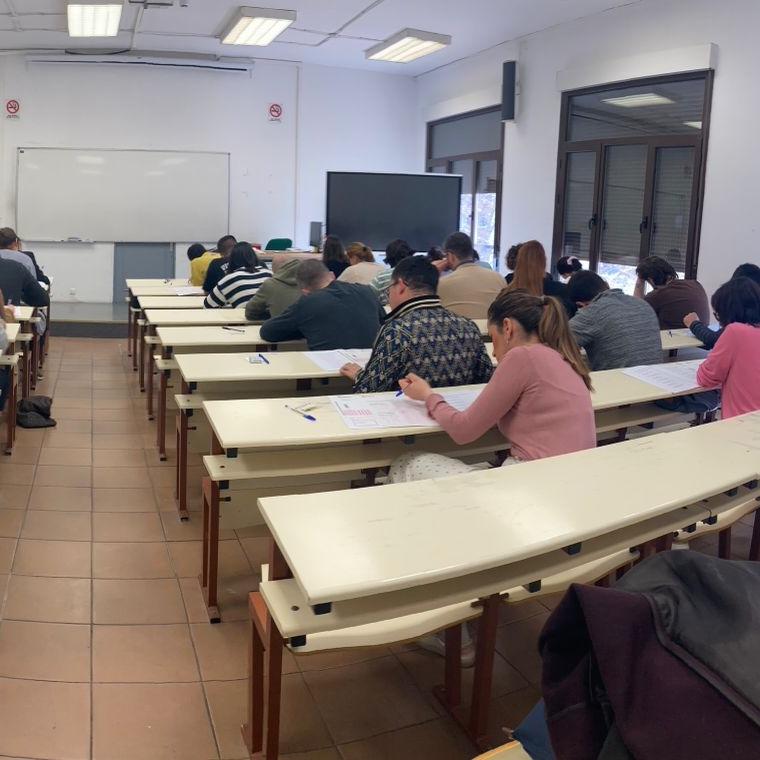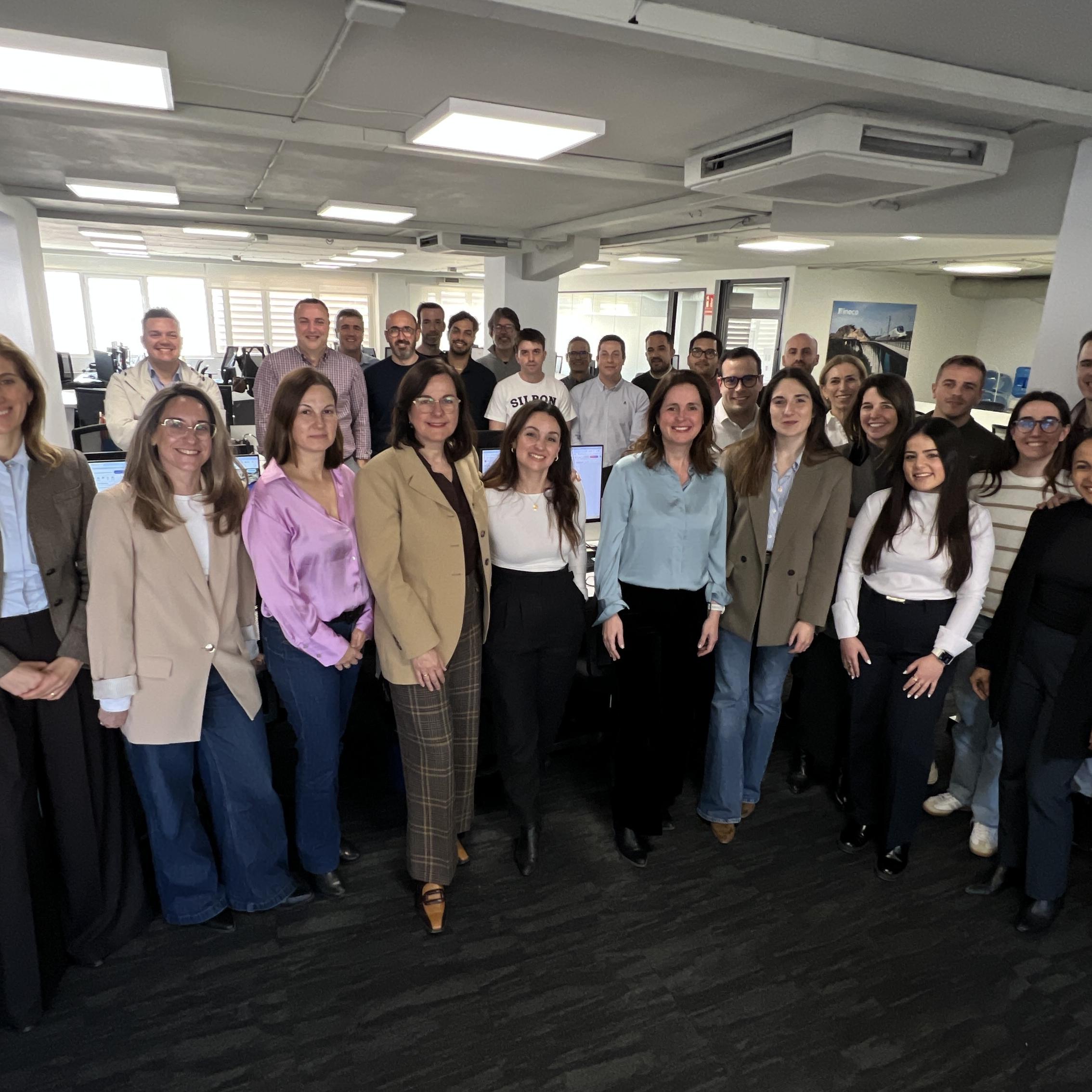
Maritime transport accounts for about 80% of all goods transported in terms of tonnes.
The world has become an increasingly complex place. Elements such as geopolitical conflicts or climate change impact the resilience of global goods trade transport chains, so understanding the environment and one's own strengths and weaknesses is critical to making sound strategic decisions.
Within the framework of the Recovery, Transformation and Resilience Plan (RRTP), Ineco is preparing a Transport Map of Spanish Foreign Trade for the Secretary of State for Trade of the Ministry of Industry, Trade and Tourism. As a key sector of the Spanish economy, the Map aims to identify and analyse in depth the main foreign trade flows that take place in our country, as well as to make a comparison with foreign trade operations in our immediate neighbouring countries. In particular, the study aims to define the main strengths and opportunities for our sector, while also proposing ways to mitigate risks, such as the development of more sustainable, resilient and diversified supply chains.
To this end, Ineco is processing various sources of data using Big Data methods and tools to analyse the goods traded, their main origins and destinations and the mode of transport used, both in the Spanish case and in the different neighbouring countries compared. In addition, relevant variables are being studied and calculated in order to implement strategic decisions such as distances travelled, transit times, transport costs and emissions produced along the entire transport chain, mainly on the Asia-Europe and Europe-North America routes, as well as all intra-European routes. It is worth noting that although they are looking at all modes of transport, in the overall foreign trade, maritime transport accounts for about 80% of the total goods transported in terms of tonnes.
This analysis is being carried out for a group of goods that are relevant for the development of the Spanish economy, such as imports from China of certain electronic products (computers) and those related to the energy transition (batteries and solar panels), or exports of vehicles to the European Union and olive oil to the rest of the world.The aim is to have a series of additional data and variables that will make it possible to propose decisions that improve the resilience of transport chains in terms of economic intelligence.








